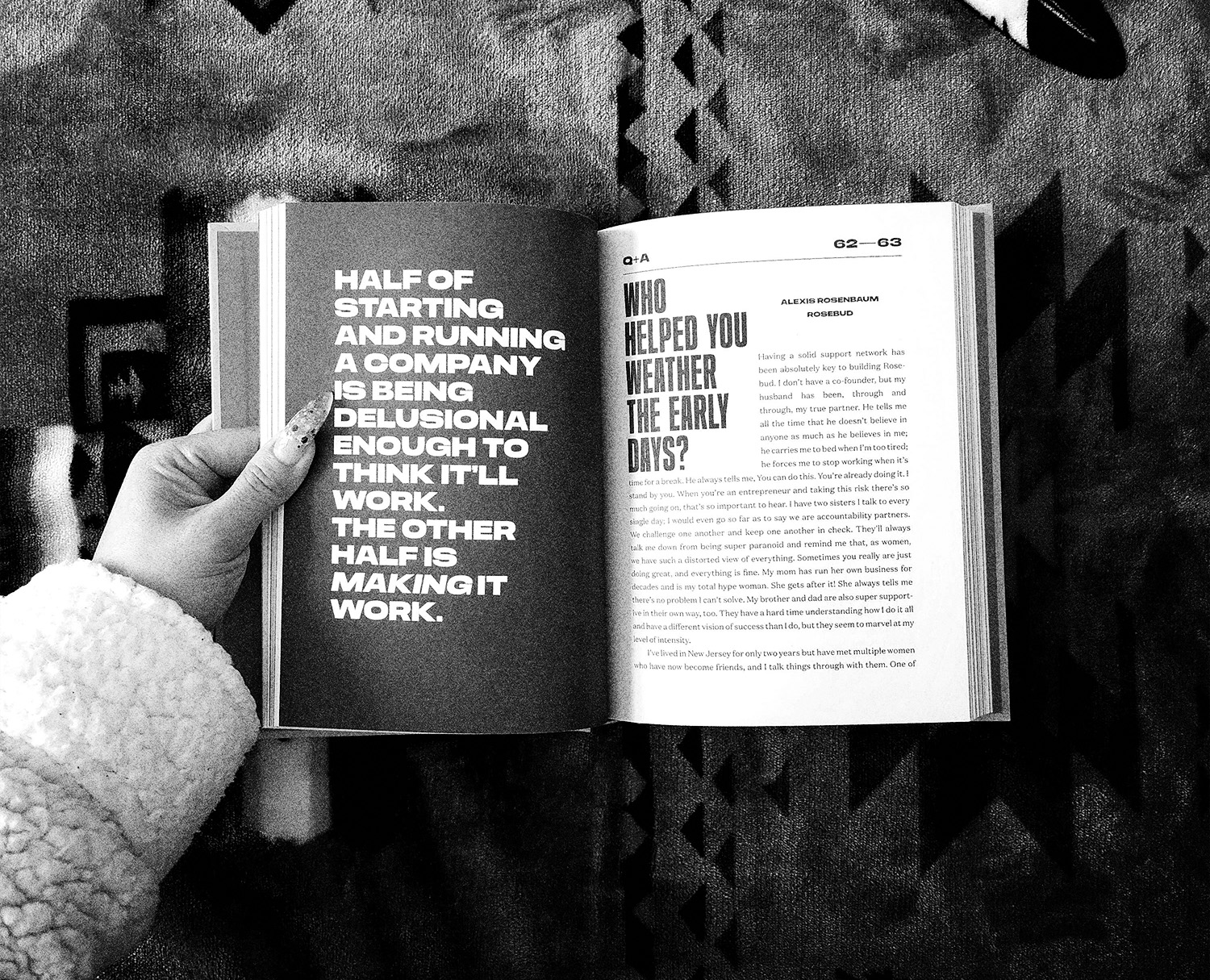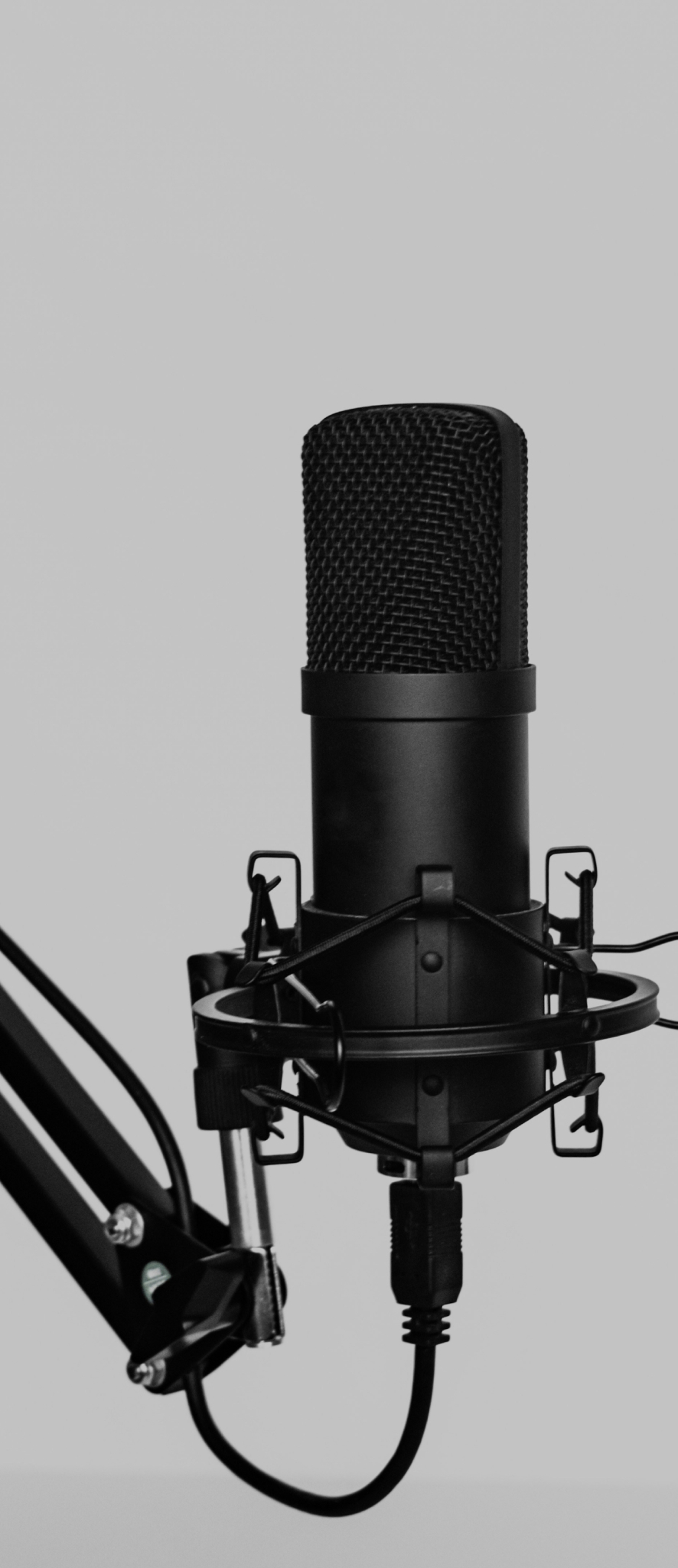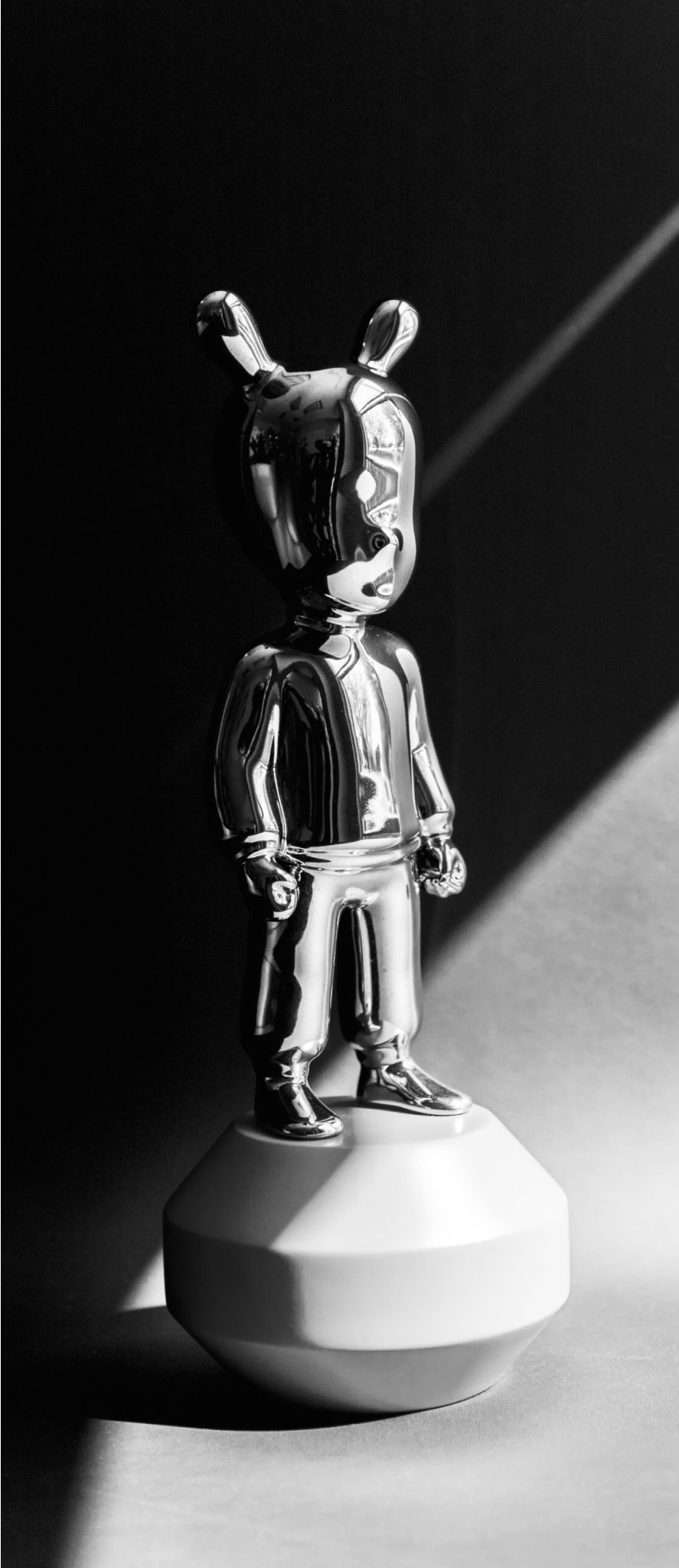
visus veritatis invictae
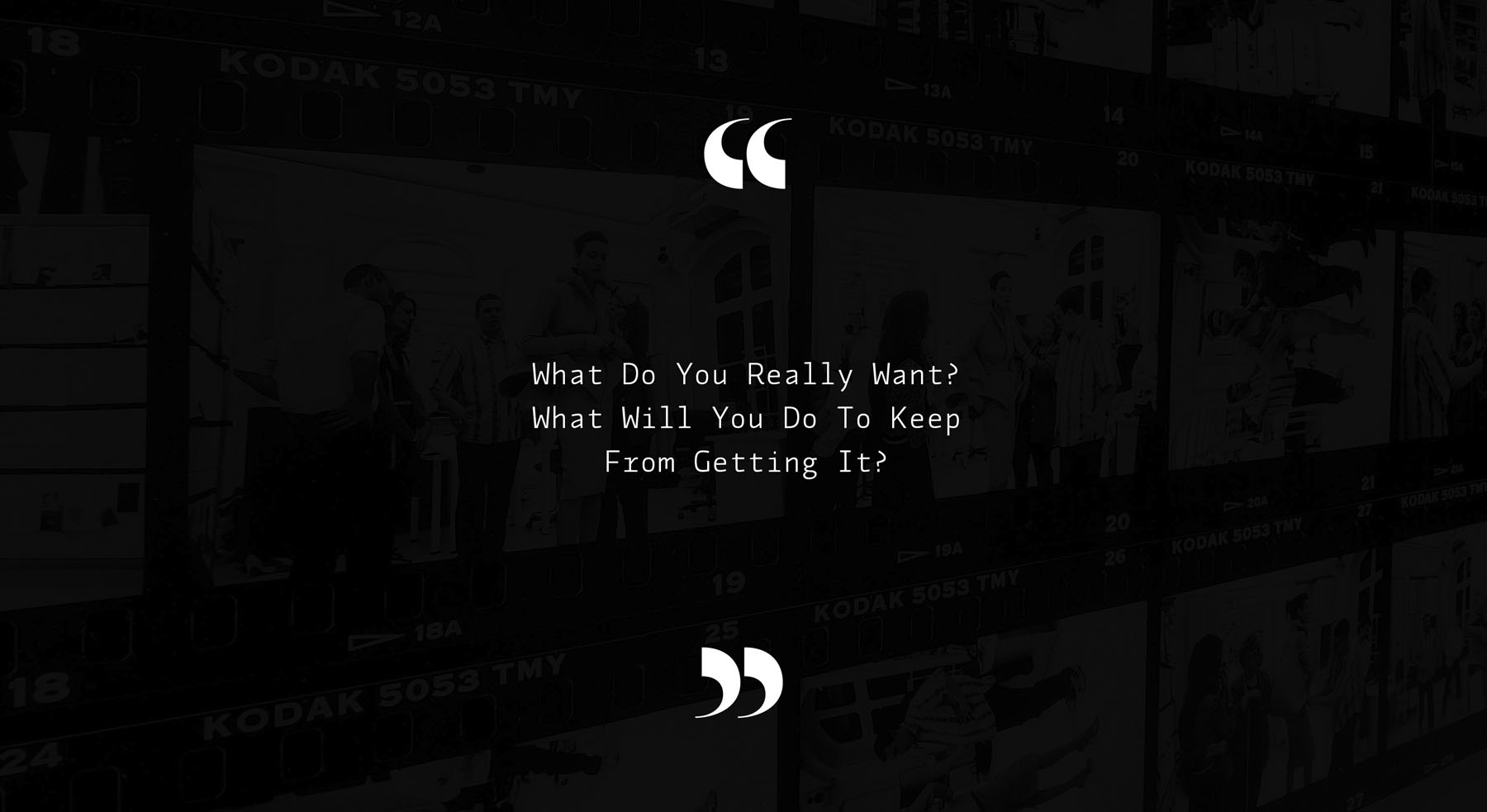
2025-01-10
Alyn Tran
__〆( ̄ー ̄ )
For Mature Audiences Only
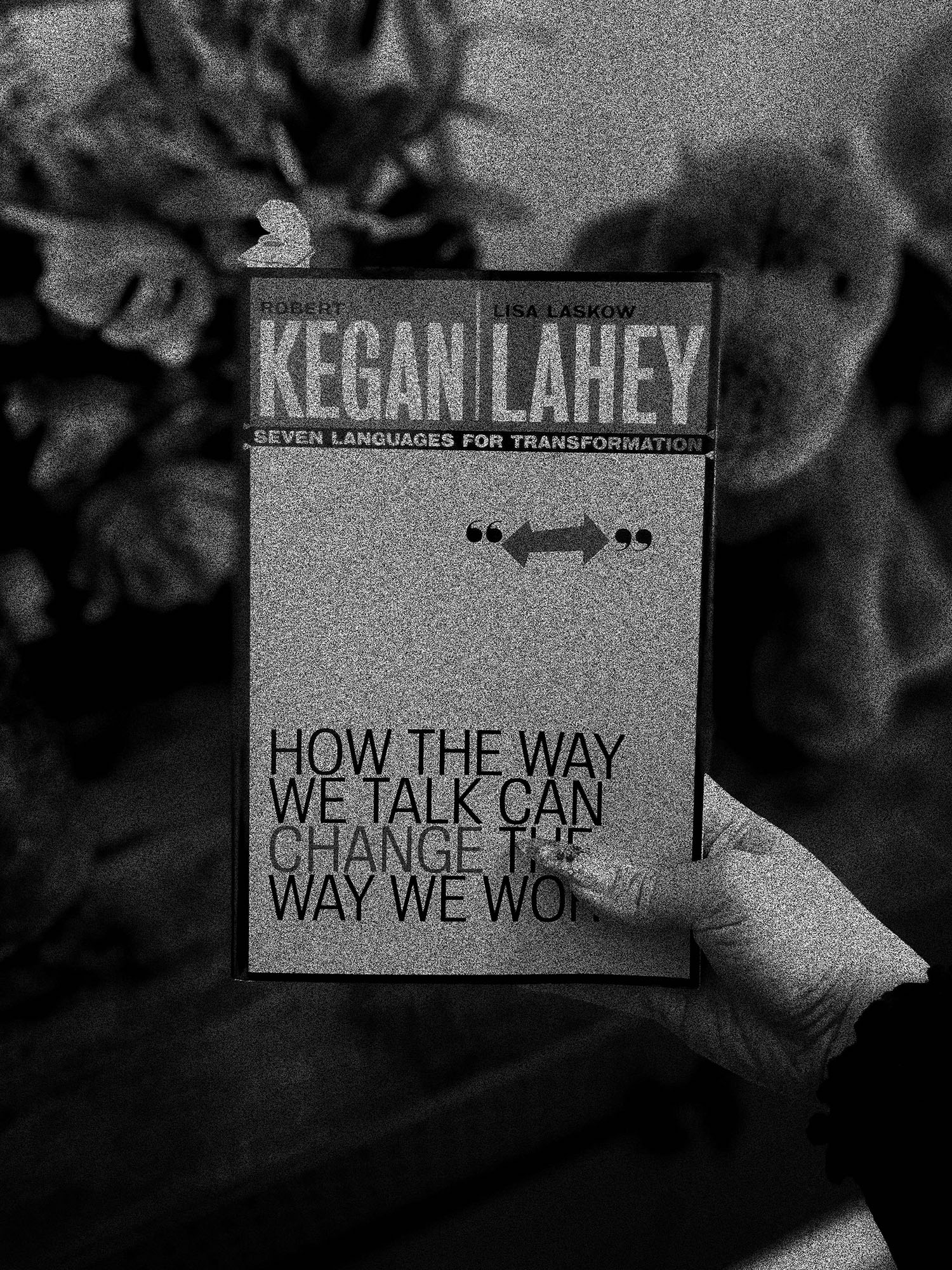
Okay, so the title is a bit of a misnomer. We're SFW here (mostly). 😉 I originally had it titled, "For Mature Audiences Only: Further Reading," but let's keep it a little click-bait shall we? What sparked this post was a book and a thought... Do we ever really grow up?
Like actually grow up? Now and again I come across things I feel like I ought to know by a certain age, but I don't. It's not so much a maturity thing but a knowledge, exposure, and experience type of thing.
I recently made a spontaneous visit to Rustic Market located in Cutlerville, Michigan on 68th St. It's my first choice when donating stuff that I used to just drop off at Salvation Army or Goodwill, but wanted to look into an alternative option. Their proceeds go to the Pine Rest Patient Assistance Fund to help people in need of mental health services. I was in their book section and one caught my eye, How the Way We Talk Can Change the Way We Work by Harvard professors, Robert Kegan and Lisa Laskow Lahey. The cover, to say the least, was hideous (sorry Mark), even by Y2K standards. My version was © 2001. But you know the saying about book covers, so I gave it a chance and this hit it for me:
I listen very hard and I ask myself, 'What does this person really want—and what will they do to keep from getting it?'

That line gave a similar, almost electrifying "aha" moment as when I read the definition of sonder. You go through life, practically on autopilot and sometimes, there's that one thing that just strikes you. It demands your attention and compels you to listen in. Despite having 2 other books in rotation, now 3 for a total of 4, it couldn't have come at a better time. No, I'm not necessarily an avid reader (I have dry spells too). The irony of my discovering this book and it discussing things about why New Years Resolutions don't last is all too real.
When I make commitments, I tend to stick to them, but discipline can sometimes be hard - maintaining a healthy weight, committing to some good habit (like learning a new skill weekly) or recognizing something is really bad for us, really bad for our health, heck maybe even be damaging to the soul, but we put up with it... Why? The book eloquently lays it bare:
...if we want deeper understanding of the prospect of change, we must pay closer attention to our own powerful inclinations not to change. This attention may help us discover within ourselves the force and beauty of a hidden immune system, the dynamic process by which we tend to prevent change, by which we manufacture continuously the antigens of change.

But I ask myself, I'm open to change, I'm always open to learning, growing, and changing misconstrued thinking amongst my peers and in the workplace but it made me think, why is it so hard to change some aspects about myself? Certain behaviors, certain attachments. I'm very much against the phrase, "if it ain't broke don't fix it." Or, "let's just keep reusing the same design template that was implemented 10 years ago." I'm against this way of thinking.
There's always room and opportunities for continual improvement and a healthy, productive way in which to go about it. What I've discovered is that I'm so good at solving problems, recognizing complacency, and adapting in those situations at work or with work-related stuff, but not within myself. Or I recognize the problem, but changing and letting go are extremely difficult. What if these opportunities won't ever happen again? What if this is as good as it gets for me? Is this it? Is this all there is?
One example of how I see resistance to change in the workplace is how one of our brands is treated. Due to it being more of a commodity line, it's priced reasonably for the quality and is accessible to a wider audience. Because of this, the prevailing misconception was that brand strategy, aesthetics, and investments in good messaging dont really matter at this level just because it was a cheaper product. I challenged this misconception and reiterated this brand is the breadwinner.
Without this, the lights wouldn't be on and there wouldn't be all the other fun clout-worthy stuff we wanted to do instead. At some point, you have to reinvest in what you have, not drain it dry. You cannot continuously milk the cow, not feed it, and expect it to survive. Surviving shouldn't be the goal, we should be thriving.

I quickly had to face a truth I had for some time known and recognized, but had been repressing and avoiding. I acknowledged its existence but had failed to take meaningful action that resulted in viable fruit. It's not because I didn't earnestly try, I did. But because this garden of effort was having difficulty flourishing, I had tempered the feeling into dormancy. I almost gave up, resigned to the reality of what was playing out in front of me. As you'll often hear, "hope is not a strategy."
You can't just sit idly by and expect change or greatness to fall in your lap, but taking great action could also lead to the same fate. You may be working the hardest you've ever worked in your life, but you aren't seeing the results you were expecting or hoping to manifest.
You start to feel discouraged, maybe imposter syndrome kicks in, maybe you're feeling a bit of a failure, or feeling like you have to change your perspective just to cope, to make the bad thing seem not as bad. Switch on a documentary to humble yourself and be grateful for what you do have. It could always be worse right?

Let me tell you why I love this book. It's still as relevant in 2025 as it would have been in 2001. One of the early concepts it talks about is turning the "Language of Complaint" into the "Language of Commitment." It may sound odd at first, or some hoity-toity B.S. but once you get into it, it becomes clear:
The world of complaint is a highly populated and unproductive one at work, but rather than seeing it as a problem to be solved, a block to be dissolved, a virus to be killed, we invite leaders to make use of the energy available here by seeing it as a gateway to the less-populated and far more productive world of identifying and giving voice to our personal commitments at work. We build this gateway by fostering a language context—a place and disposition to honor our critical evaluations as opportunities to identify not only what we cannot stand but the commitments we are ready to stand for.
Do not be mistaken though, the book is not trying to tell you that you need to ignore, repress, or sideline whatever it is you have an issue with nor try to make it go away. It's a means, a vehicle to utilize that energy and momentum to help us. Realize that the problems we are trying to fix, no matter how hard we try, there will always be a paradoxical energy trying to effectively maintain the status quo, steadfastly resistant to change.
No matter how earnest our commitments may be, there is a "competing commitment" at play. Although I'm only about halfway through the book, I recommend it strongly to those who may be struggling with work and your relationship to that work. The writing's excellent and the exercises are clear.

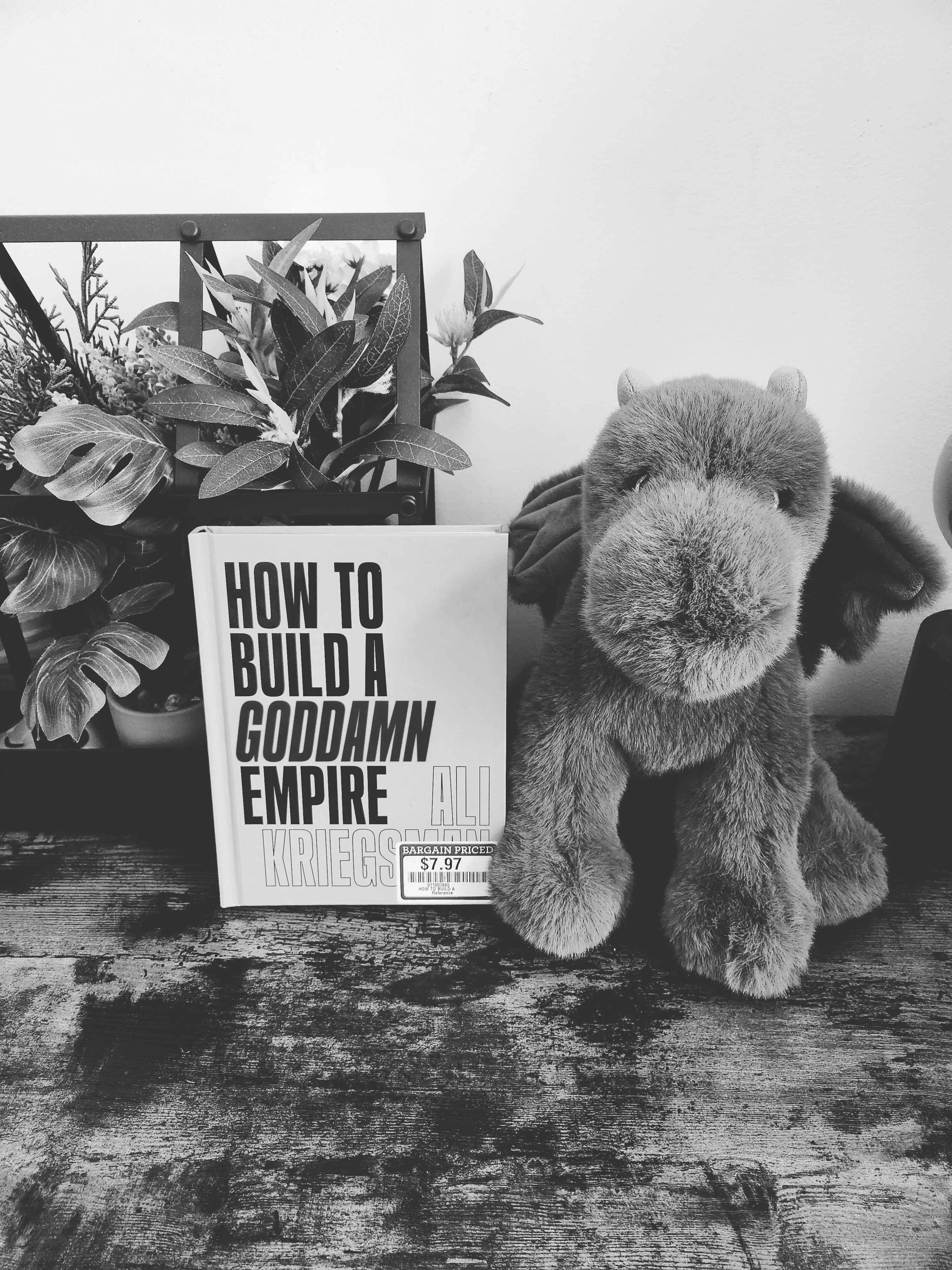
Complementary to Kegan and Lahey's book, on a recent trip to Detroit, I also picked up How to Build A Goddamn Empire by Ali Kriegsman. If you're in the area, I recommend you stop by Books-A-Million. The Beverly Hills (Michigan) location had an awesome selection of heavily discounted books (such as Kriegman's), manga, puzzles, and toys like the adorable and surprisingly high-quality Douglas Co. dragon plush.
Kriegsman's book was so good, that I was 60 pages in by the first evening at the hotel. Engrossing and raw, she shares her atypical non-linear journey of starting a business with a co-worker. What I love about it is that she keeps it real by sharing the rollercoaster of euphoria and defeat, the highest highs and the lowest lows, financial troubles, rocky starts, how to secure funding, and with tidbits like the "The Business You Start Won't Be the Business You Run." I also really enjoyed that she included the stories of other entrepreneurs, including designers with a similar background as myself. There's even practical advice on networking, and what to do when you're networking. If you're an introvert like me, you're gonna find that info really useful.
Well, I think I've blabbered on enough. I hope these book recommendations spark something positive for you. Remember, if you're in a bad situation, where things may be incredibly bleak, don't slap on the proverbial band-aid and ignore it, and don't repress it. Speaking from experience, it won't get better this way. Find it within yourself to break free and believe in the possibility that there is better out there for you. You owe it to yourself. Your best days are not long past, they're ahead. Good luck.
